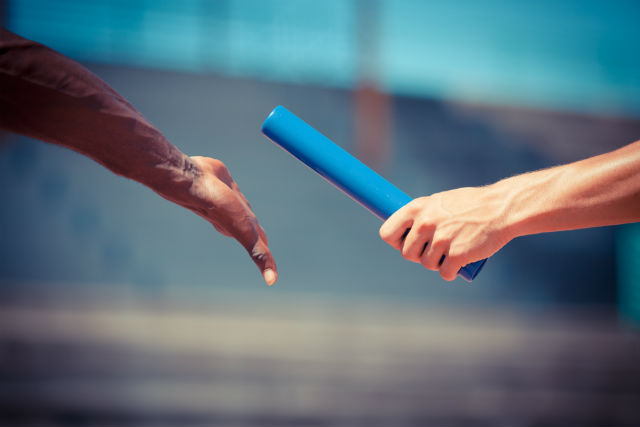
Sport takes a collective step forward for human rights at the Sporting Chance Forum in Geneva
The Sporting Chance Forum 2017 was hosted by the Swiss Federal Department of Foreign Affairs and the Institute for Human Rights and Business on Thursday 30th of November in Geneva, Switzerland.
The conference was the second annual Forum, the only international event of its kind focused on galvanising collective action around human rights and sport.
Building on the success of last year’s forum in Washington D.C., the high-level gathering convened over 200 of the leading representatives of governments, UN agencies, sporting NGBs, and NGOs.
The Sporting Chance Forum opened with speeches from the UN High Commissioner for Human Rights, Zeid Ra’ad Al Hussein, the Secretary General of the International Labour Organisation (ILO), Guy Ryder, and the President of the International Olympic Committee (IOC), Thomas Bach all reflecting on the importance of human rights and sport.
The Forum featured the work of the Mega-Sporting Events Platform for Human Rights over the last year, including new tools developed for different actors in the industry. Also, on the eve of international Human Rights Day (December 10th) Mary Robinson, Chair of the MSE Platform, announced that an independent Centre on Sport and Human Rights was to be established in 2018.
The Centre plans are backed by the diverse coalition behind the MSE Platform, including FIFA, the International Olympic Committee, Commonwealth Games Federation, and UEFA, as well as a range of intergovernmental organisations, governments, athletes, hosts, sponsors, broadcasters, civil society representatives, trade unions, employers associations, and national human rights institutions.
The MSE Platform also published a joint statement affirming their commitment to establish this Centre that will help to share knowledge, build capacity, and ensure transparency and accountability of the range of actors involved in sport and mega-sporting events.
In the statement, the coalition notes:
"Our cooperation is rooted in the belief that ensuring respect for human rights across the world of sport and mega-sporting events cannot be achieved by individual organisations working alone. It instead requires joint action aimed at sharing knowledge, building capacity, and ensuring transparency and accountability.
This will help to build a world of sport that protects, respects, and upholds the human rights of those affected by sport, including athletes, workers, communities, children, fans, volunteers, and the press."
Further details will be released throughout 2018. Follow IHRB for updates.